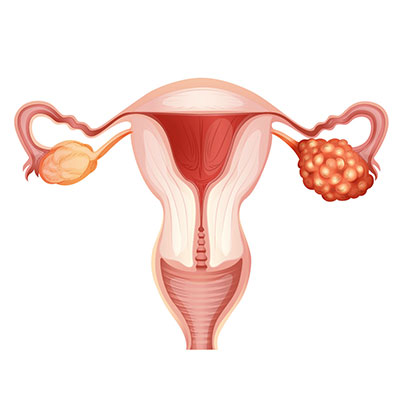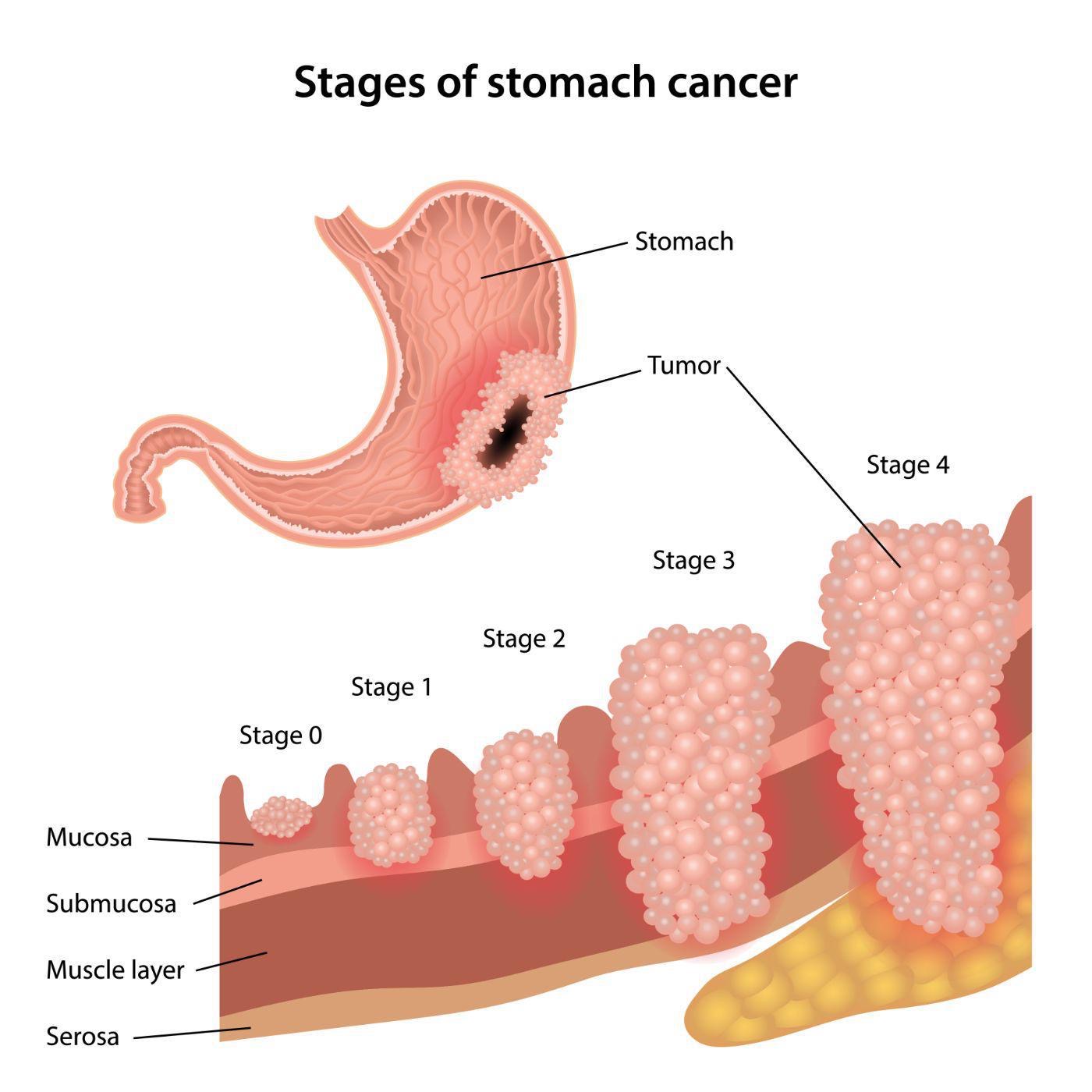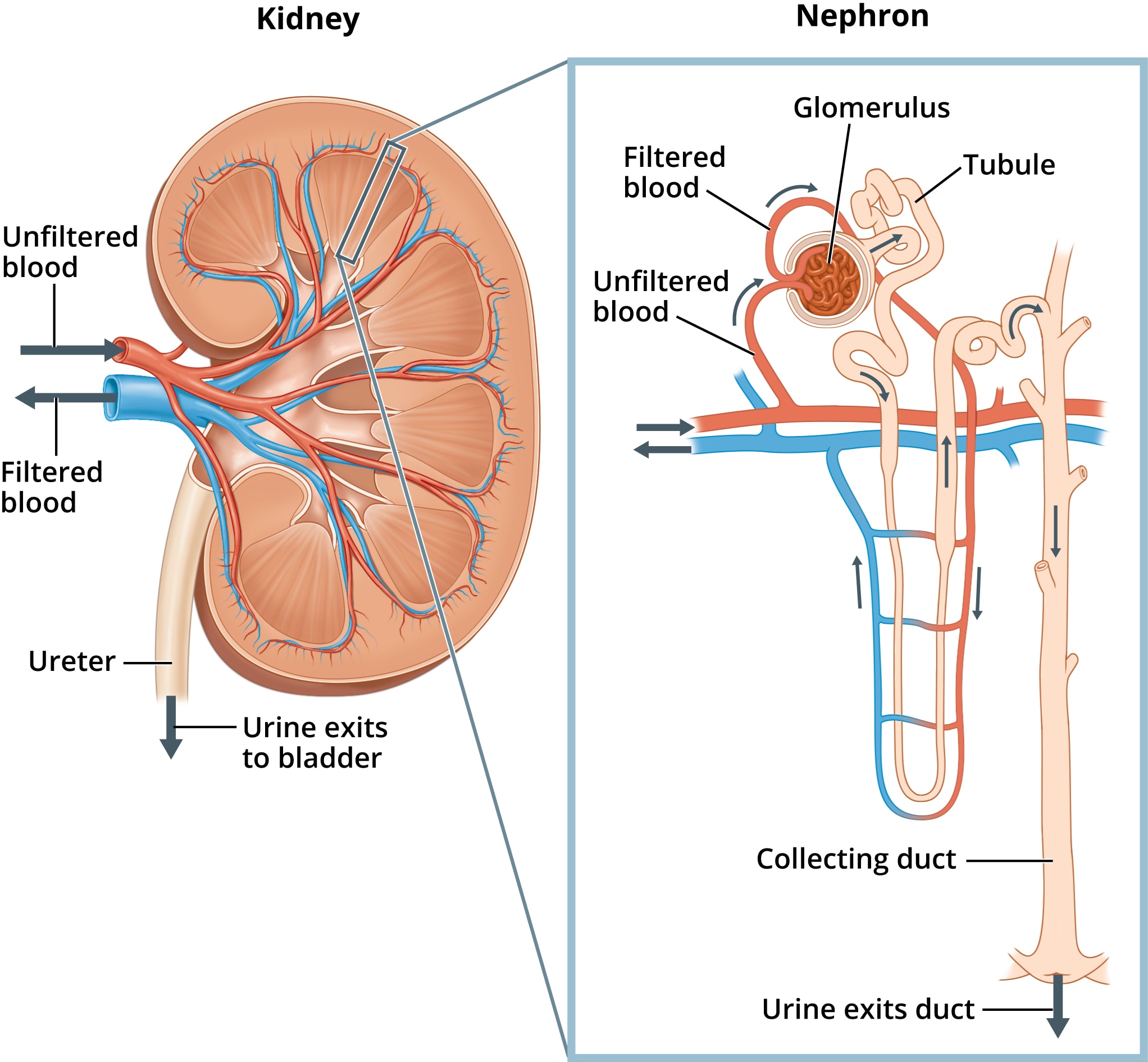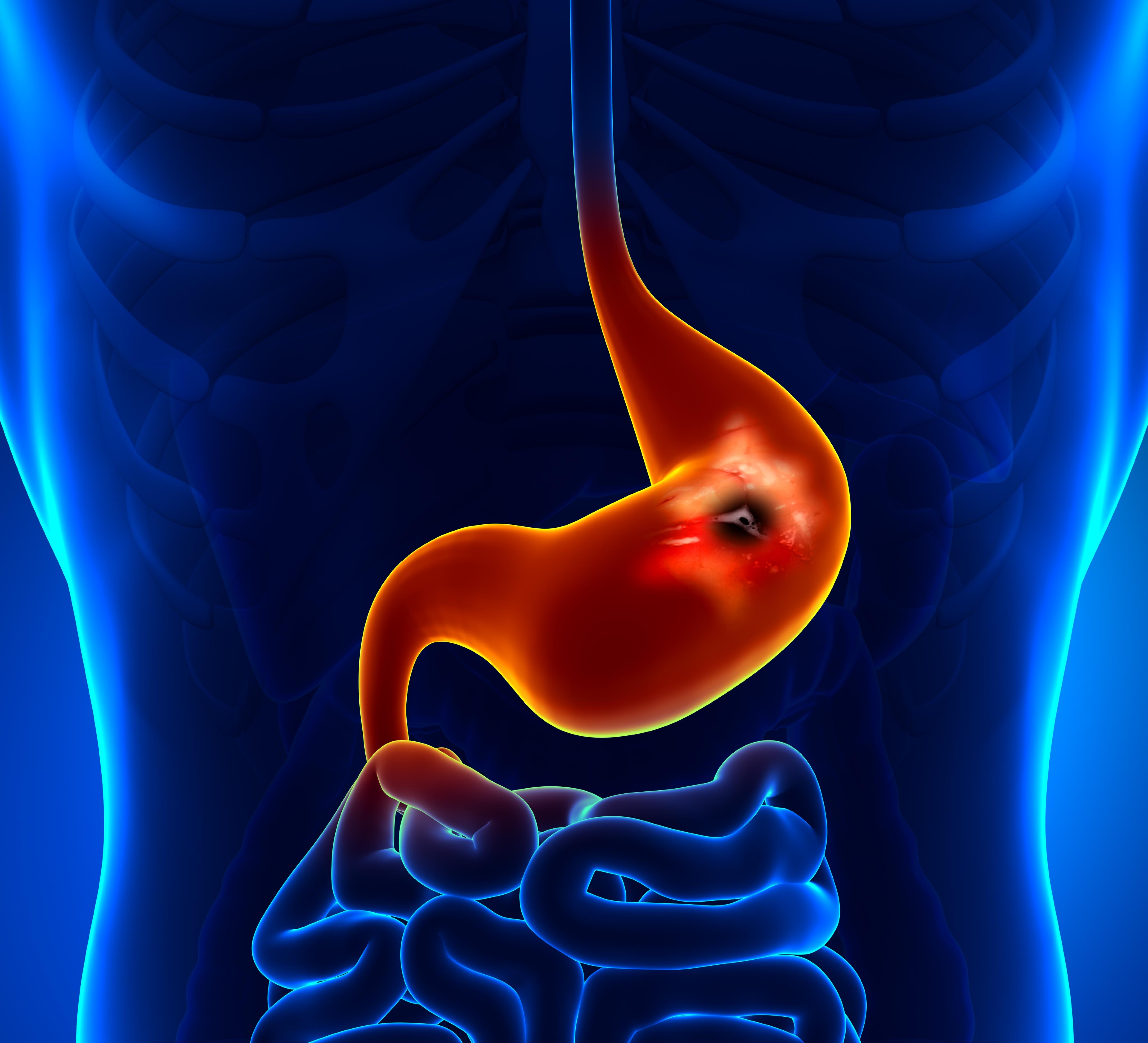Ovarian cancer
Karaganda medical university
corrosponding author - Mohammad Afjal
Ovarian cancer

Abstract - Ovarian cancer is a serious disease that affects the ovaries, the reproductive organs in women that produce eggs. In this article, we discuss the causes, symptoms, diagnosis, and treatment of ovarian cancer. Risk factors for ovarian cancer include age, family history, inherited gene mutations, hormone replacement therapy, and endometriosis. Symptoms of ovarian cancer can be vague and non-specific, but may include bloating, abdominal swelling, pelvic or abdominal pain, changes in bowel habits, urinary symptoms, fatigue, and unexplained weight loss. Diagnosis may involve pelvic exams, transvaginal ultrasounds, blood tests, and biopsies. Treatment options for ovarian cancer include surgery, chemotherapy, radiation therapy, and targeted therapy. With early detection and proper treatment, the outlook for women with ovarian cancer can be improved.
Write an article on ovarian cancer
Ovarian cancer is a serious disease that occurs in the ovaries, the reproductive organs in women that produce eggs. According to the American Cancer Society, ovarian cancer is the fifth leading cause of cancer deaths in women. In this article, we will discuss the causes, symptoms, diagnosis, and treatment of ovarian cancer.
Causes:
The exact cause of ovarian cancer is not known, but there are some factors that can increase a woman's risk of developing this disease. Some of these risk factors include:
Age: The risk of ovarian cancer increases as a woman gets older.
Family history: Women who have a family history of ovarian cancer are at a higher risk of developing the disease.
Inherited gene mutations: Some inherited gene mutations, such as the BRCA1 and BRCA2 genes, can increase a woman's risk of ovarian cancer.
Hormone replacement therapy: Women who take estrogen hormone replacement therapy (HRT) for more than five years may have an increased risk of ovarian cancer.
Endometriosis: Women who have endometriosis, a condition where the tissue that lines the uterus grows outside of it, may have an increased risk of ovarian cancer.
Symptoms:
The symptoms of ovarian cancer can be vague and non-specific, which is why this disease is often called the "silent killer." Some of the symptoms of ovarian cancer may include:
Bloating or swelling of the abdomen
Feeling full quickly when eating
Pelvic or abdominal pain
Changes in bowel habits, such as constipation or diarrhea
Urinary symptoms, such as urgency or frequency
Fatigue
Unexplained weight loss
It's important to note that these symptoms can be caused by many other conditions as well, so it's important to see a doctor if you experience any of them.
Diagnosis:
There is no routine screening test for ovarian cancer, so it's important to be aware of the symptoms and see a doctor if you have any concerns. If a doctor suspects ovarian cancer, they may recommend some of the following tests:
Pelvic exam: A doctor will feel for any lumps or abnormalities in the ovaries.
Transvaginal ultrasound: A probe is inserted into the vagina to create images of the ovaries.
Blood test: A blood test may be done to measure a protein called CA-125, which can be elevated in women with ovarian cancer.
Biopsy: A small piece of tissue is removed from the ovary and examined under a microscope for signs of cancer.
Treatment:
The treatment for ovarian cancer will depend on the stage and type of cancer, as well as the woman's overall health. Treatment options may include:
Surgery: Surgery is usually the first line of treatment for ovarian cancer. The surgeon will remove as much of the cancer as possible, and may remove one or both ovaries, the fallopian tubes, and the uterus.
Chemotherapy: Chemotherapy is often given after surgery to kill any remaining cancer cells. It may also be used as the primary treatment if the cancer has spread outside of the ovaries.
adiation therapy: Radiation therapy uses high-energy X-rays to kill cancer cells. It is rarely used for ovarian cancer, but may be used in some cases.
Targeted therapy: Targeted therapy uses drugs that specifically target the cancer cells. It may be used in some cases of ovarian cancer.
In conclusion, ovarian cancer is a serious disease that can be difficult to detect in its early stages. Women should be aware of the symptoms and see a doctor if they have any concerns. With early detection and proper treatment, the outlook for women with ovarian cancer can be improved.
Reference- American Cancer Society:
National Cancer Institute:
Mayo Clinic:
Centers for Disease Control and Prevention:
Ovarian Cancer Research Alliance:
EducationArticles from Afjal Ali
View blog
Abstract: · Gastric cancer is a significant health concern worldwide and is responsible for a high n ...

Nephrotic Syndrome: Understanding the Causes, Symptoms, and Treatment Approaches" · KARAGANDA MEDICA ...

"The Burning Truth About Gastric Ulcers: Causes, Symptoms, and Treatment Options" · Karaganda medica ...
You may be interested in these jobs
-

Gynacologist doctor
Found in: Appcast Linkedin IN C2 - 4 days ago
Mannat Fertility Clinic Bengaluru, India" · Company Description · Mannat Fertility Clinic is one of the best IVF clinic in Bangalore, based in the city's centre point, which is easily accessible by people around Bangalore. Our unwavering purpose and steadfast determination are to accomplish each couple's dream of becom ...
-
Team Leader- Customer Service
Found in: Talent IN C2 - 6 days ago
YO HR CONSULTANCY Jabalpur, IndiaTeam Leader CustomerService · Experience:25Years · Qualification:Graduate From anyStream · Responsibilities: · *Acquiring& Opening New Demat/Trading Account ofClients. · *CustomerHandling and providing Beneficial Advice & Support tocustomers. · *TechnicalSupport. · *Handling Team ...
-
sales coordinator
Found in: Talent IN C2 - 2 days ago
Touchstone Educationals LLP Bathinda, India Full timeJob description · COORDINATOR (SALES) · Requirements: - · Team Handling Exp. Required preferably in the same domain · Minimum Graduate Female with Exp. · Salary 30-35 K Years exp). · Sales coordinator Background should be from educational Institutes(College/Universities) Sales (B ...


Comments